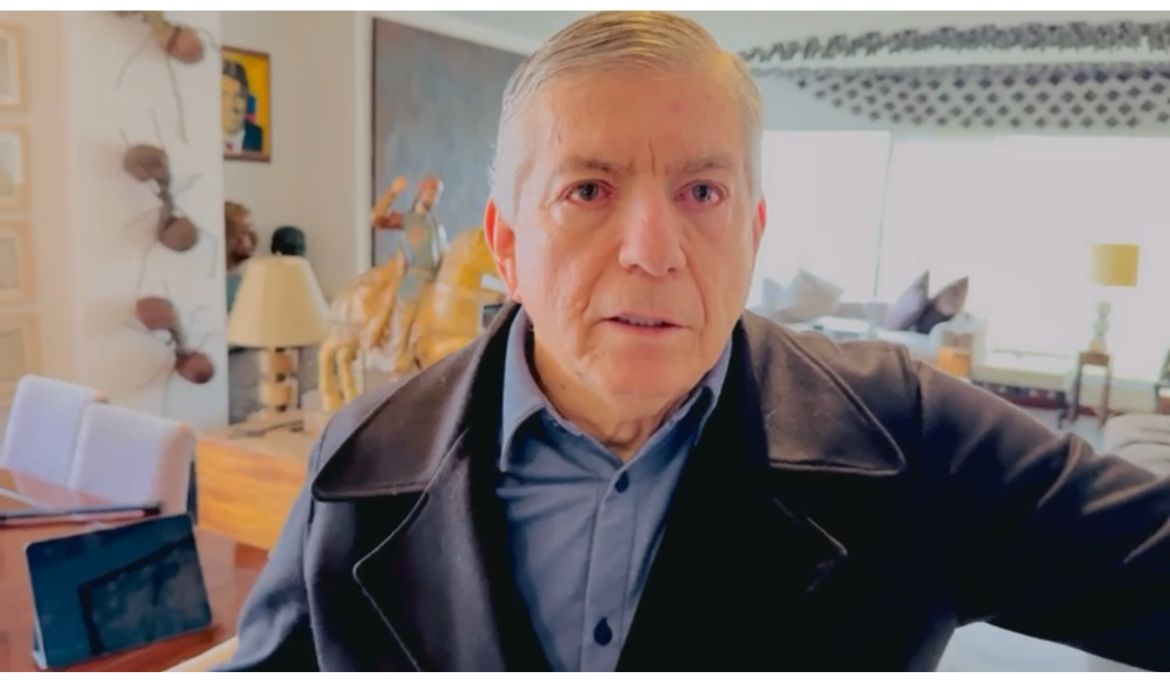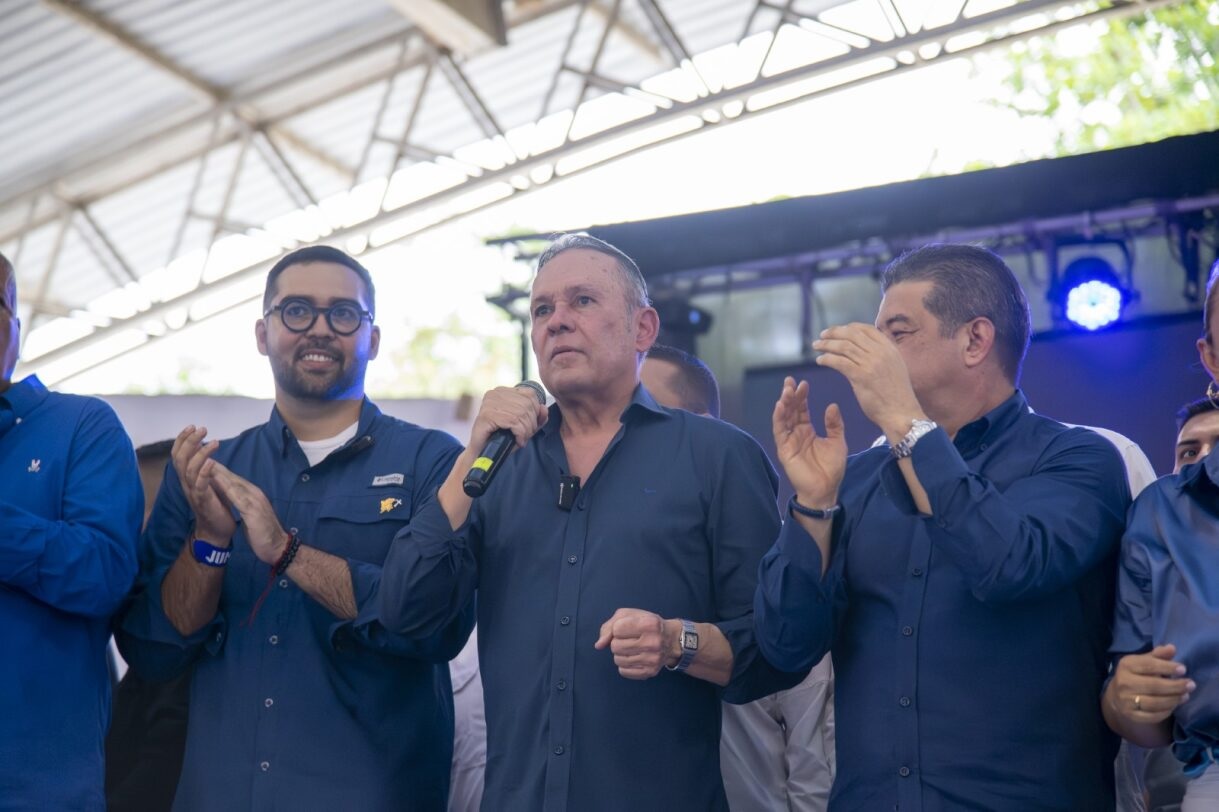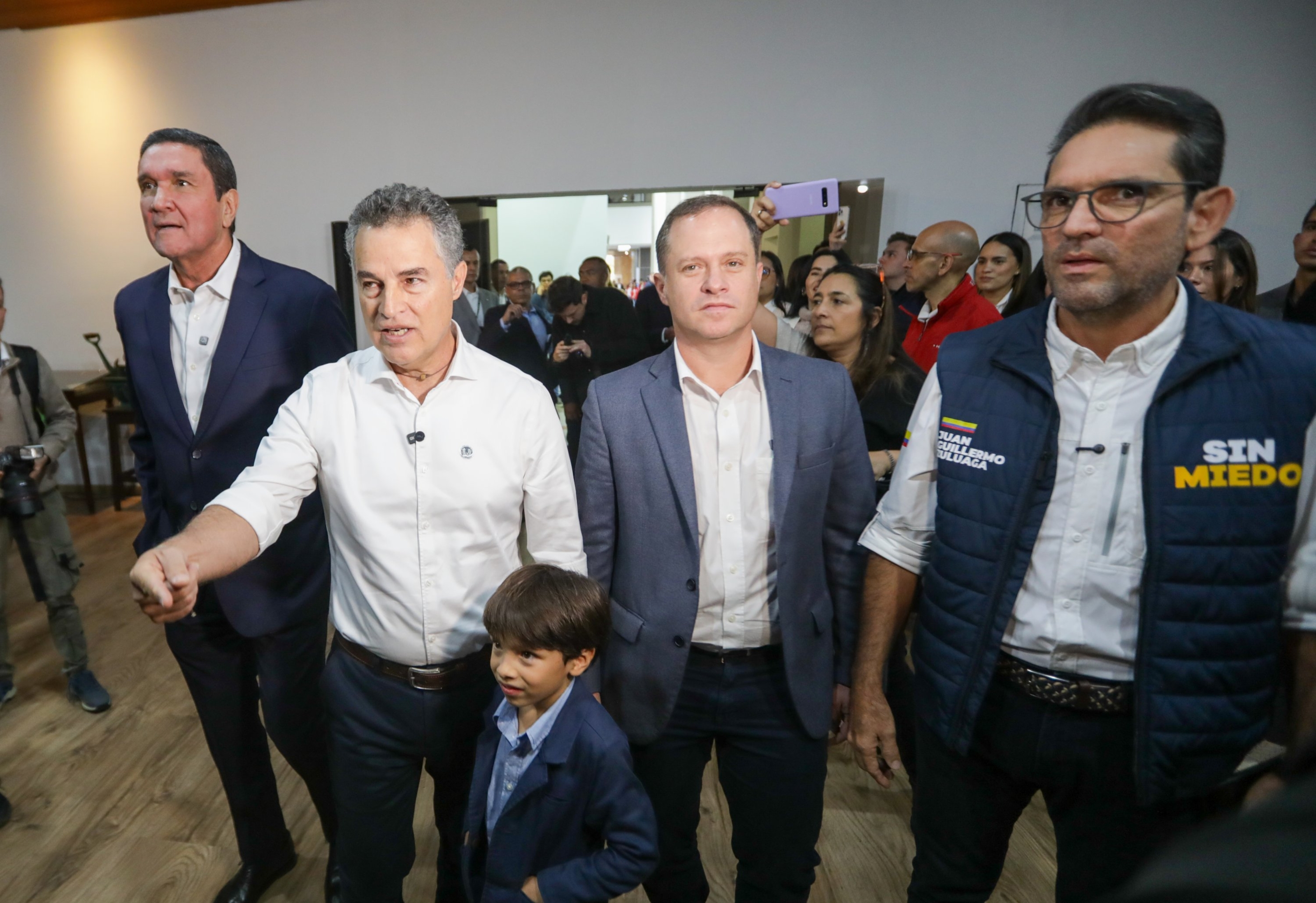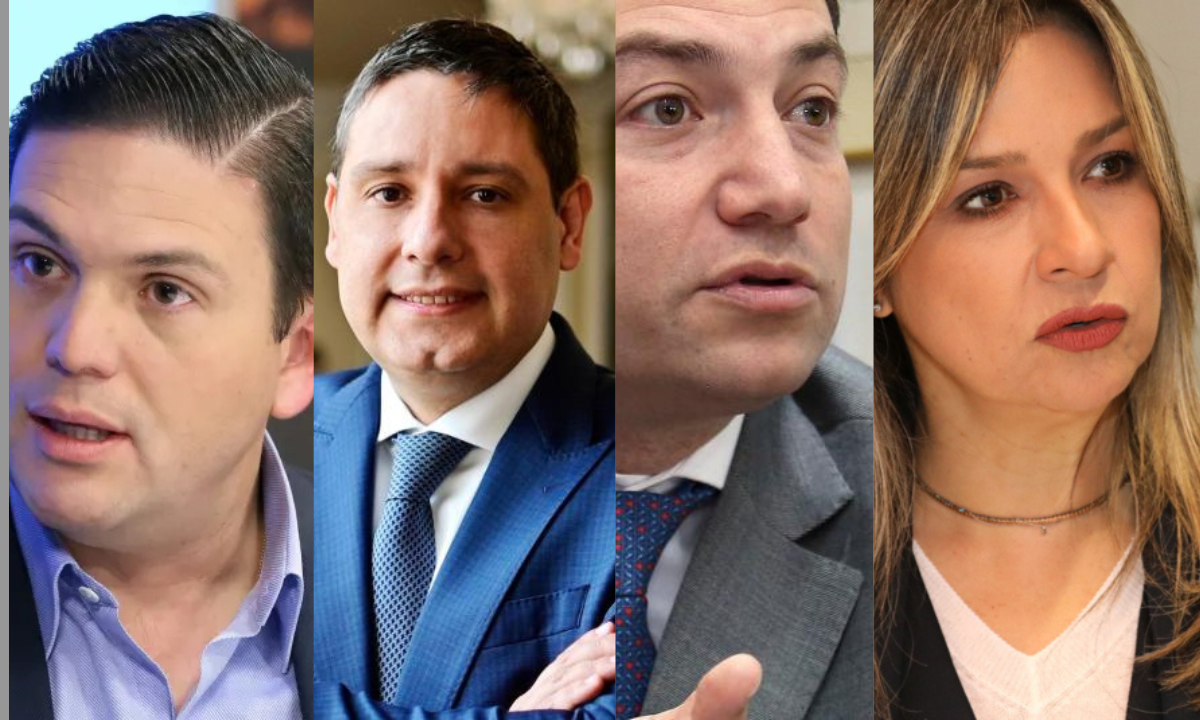This is how the mega-consultation that would kick the board of the 2026 presidential elections is being cooked up: Uribe's party and Radical Change could land

An interparty consultation is beginning to take shape, bringing together candidates from the Democratic Center, Radical Change, the Conservative Party, the Liberal Party, the "U" Party, and at least 15 independent candidates.
Although there is no agreement today, the conditions are in place for these center-right forces to hold a referendum in March that, according to their goal, will produce Colombia's next president.
Until a few weeks ago, it was just an idea, but serious approaches have already been made, and there is even talk of a major summit in the coming weeks to seek the participation of the Democratic Center in this referendum, which, for now, would include the Liberals, Conservatives, the U Party, and the independents.

Former President César Gaviria. Photo: Private archive
Former President Álvaro Uribe Vélez hasn't said yes, but it's a good sign that he hasn't closed the door, as he's aware of the need to go into the elections with more strength to defeat the Petrismo, sources close to the parties told this newspaper. Furthermore, the possibility of Cambio Radical also participating hasn't been ruled out.
In fact, according to some sources consulted, there is talk within the latter group that the launch of the candidacy of Germán Vargas Lleras, who has the support of the majority of the party, is imminent.
But getting there is a long road ahead. First, the mechanism for participating in this consultation must be defined, since the current pool of these forces could number around 30 candidates.

Efraín Cepeda (center) at the launch of his presidential campaign in Ibagué. Photo: Conservative Party
Initially, there was talk of conducting a survey among those with affinity for these groups and unrelated to Gustavo Petro's government, with the top five candidates expected to vote in March. However, this idea didn't go down well with the parties, who asked for time to define their candidates so they would have a better chance of competing, in terms of recognition, with those who have been collecting signatures for three months.
Under this scenario, the Democratic Center, Radical Change, the Liberal Party, the Conservative Party, and the U Party would have permanent spots in the March referendum, and it would be necessary to decide what happens to the candidates who are running for signatures.
It could be a survey in which the top two or three places go to that consultation, which would be conducted in parallel with the center-left survey.

Juan Carlos Cárdenas, Aníbal Gaviria, Héctor O. Espinosa, and Juan Guillermo Zuluaga, pre-candidates. Photo: Mauricio Moreno. EL TIEMPO
Since the Democratic Center and Radical Change would no longer hold a right-wing referendum, in which Vicky Dávila and Abelardo de la Espriella were once considered to participate, they could join this new alliance.

Juan Carlos Pinzón, Mauricio Lizcano, Felipe Córdoba, and Vicky Dávila. Photo: ELTIEMPO
But that's where several doubts arise. There are no major problems with Dávila, but there are those in those parties who don't agree with the lawyer's style. However, the doors are not closed to him.
So far, there's no commitment, but those close to the parties point out that the mere fact that a large summit is being considered sends signals that there is an intention to form a large bloc that will reach the Casa de Nariño and govern in national unity.
eltiempo





